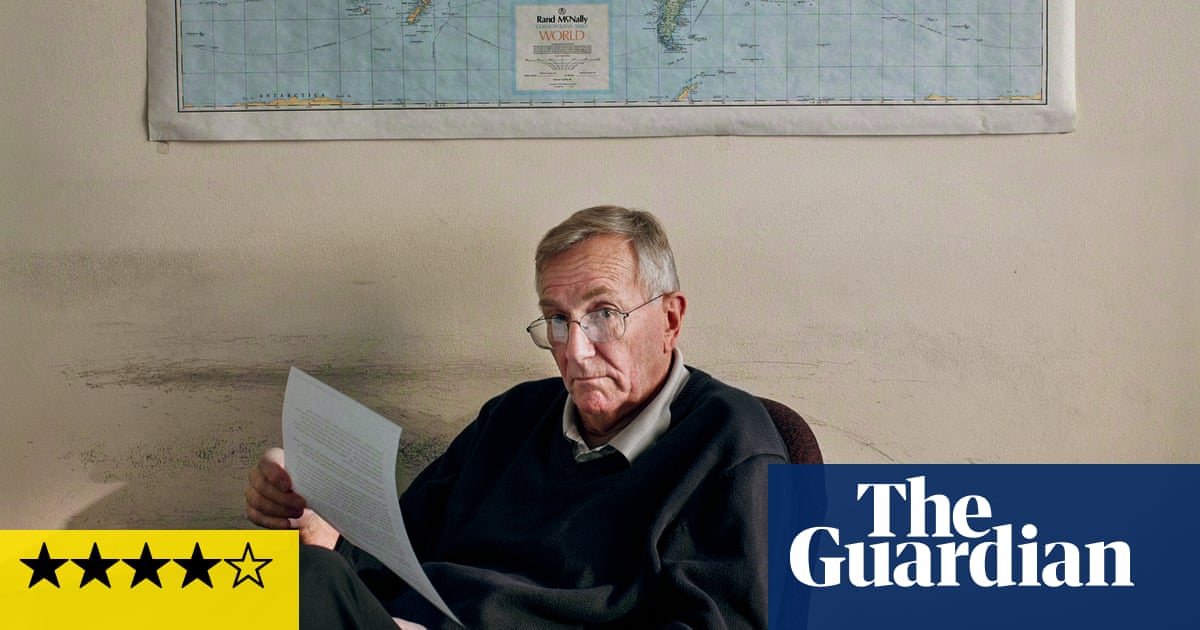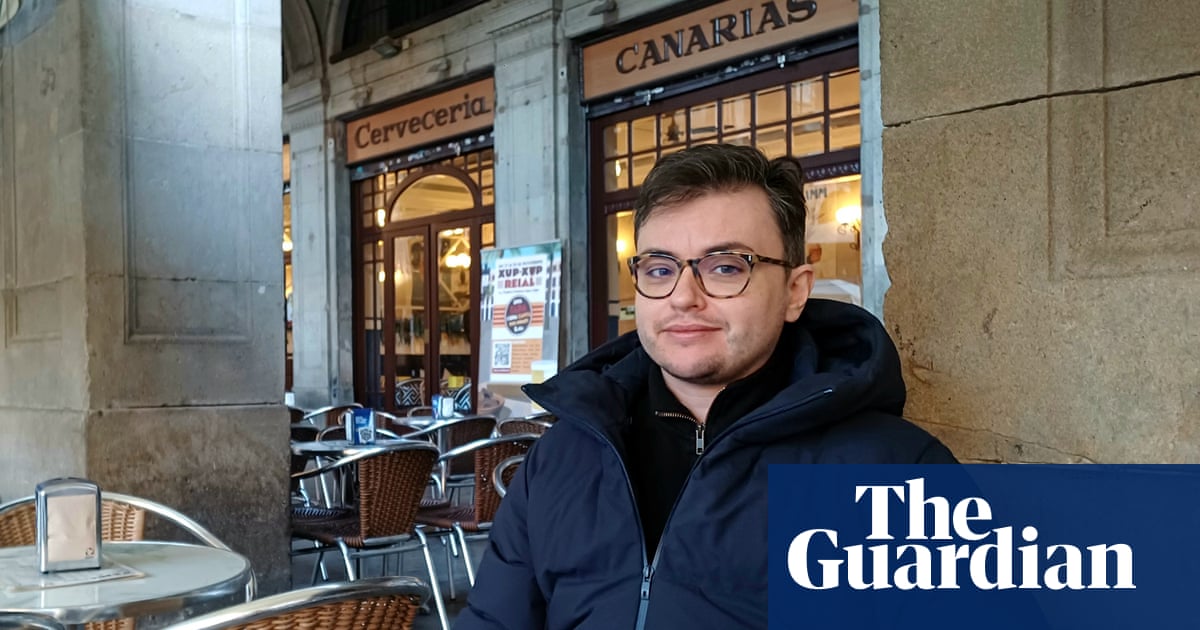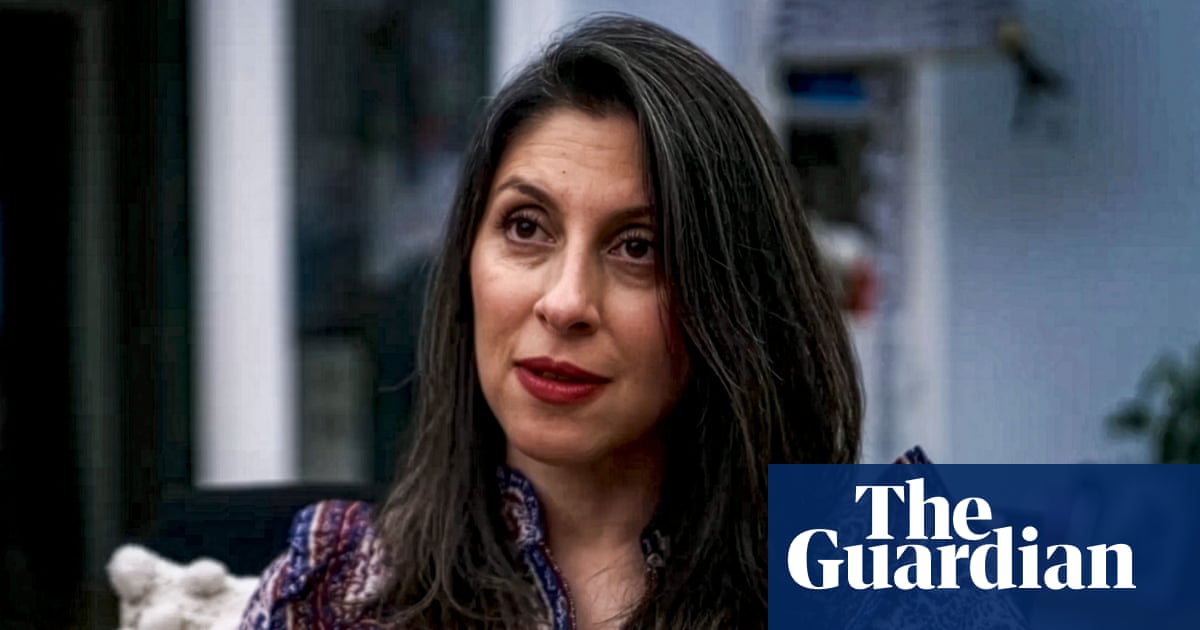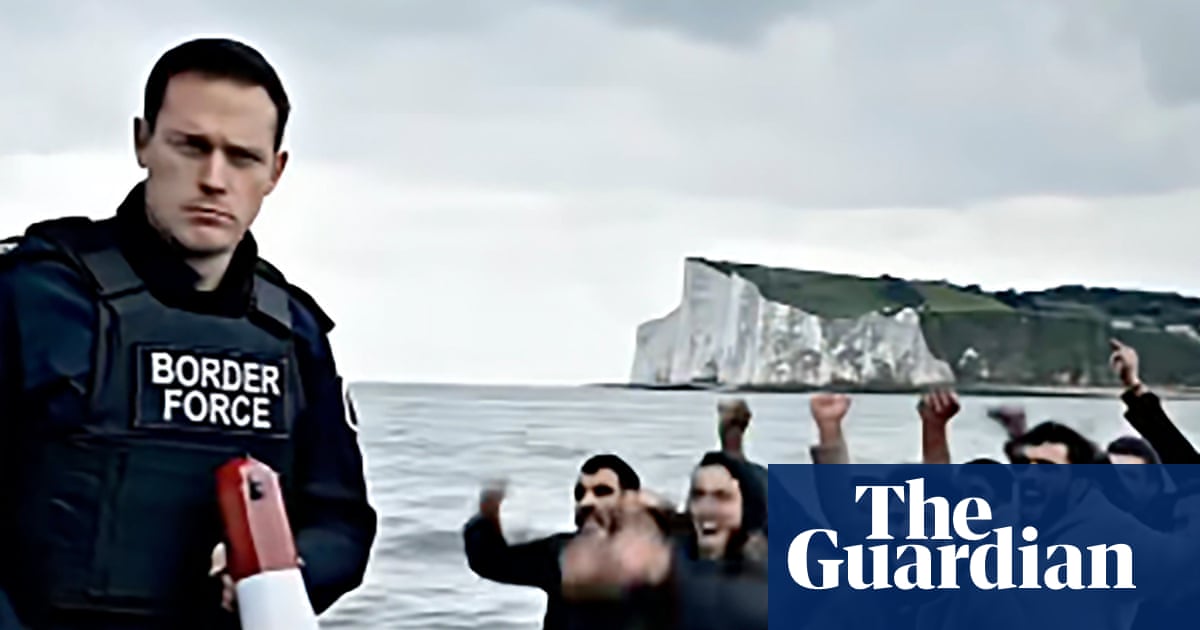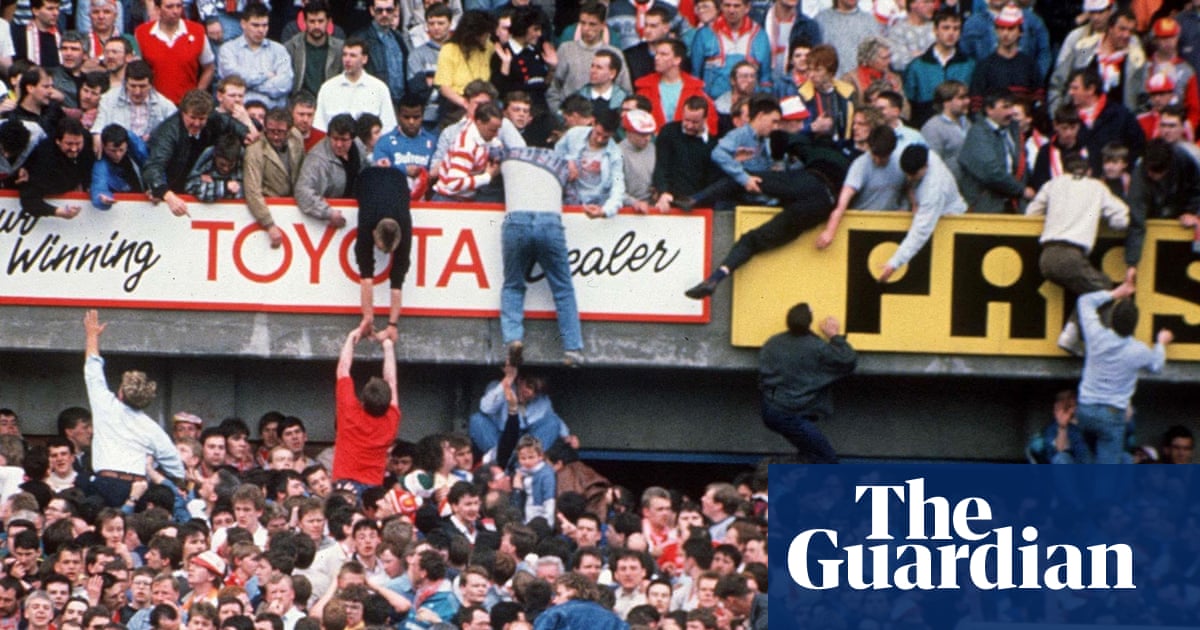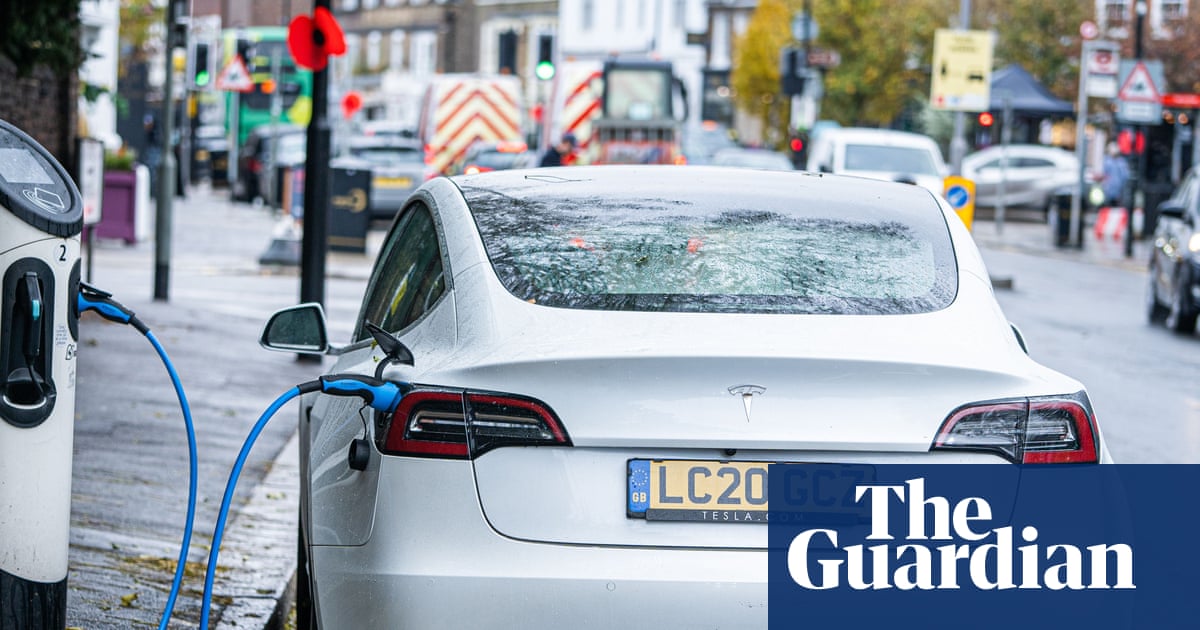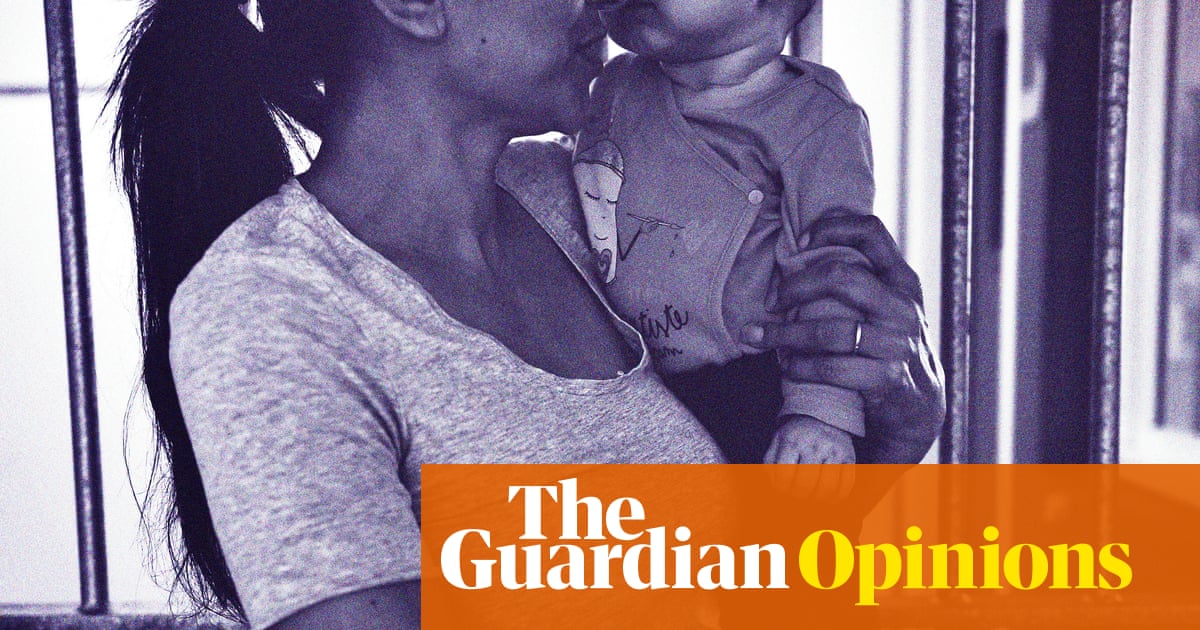When Vladimir Putin first announced he would host a “Russia-Arab world” summit, the Kremlin imagined the region’s leaders flying to Moscow to discuss regional security and energy relations, with the Russian leader presiding.
Announced in April and prepared for months, the summit had been scheduled for Wednesday, intended as a showcase of Moscow’s enduring influence in the Middle East and proof it remains far from isolated despite western sanctions.
But Putin was forced to shelve the gathering after only a handful of leaders, including Syria’s president, Ahmed al-Sharaa, and the head of the Arab League, Ahmed Aboul Gheit, confirmed their attendance.
Instead, on Monday, global attention turned to Egypt, where world leaders gathered for a Gaza “peace summit” – with Russia notably absent.
At Sharm el-Sheikh, Donald Trump joined Egypt’s Abdel Fatah al-Sisi in welcoming heads of states from across the Middle East and Europe as they signed a long-awaited Gaza treaty, with leaders jostling to be photographed beside the US president.
While analysts say Moscow was never expected to play a major role in the Gaza peace process, its absence in Egypt underscored a reality the Kremlin is reluctant to admit: as the war in Ukraine grinds on, its influence in the Middle East – long touted as a counterweight to that of the west – is waning.
“Russia’s diplomatic role in the Middle East has declined as a result of the Ukraine war,” said Hanna Notte, a Berlin-based expert on Russian foreign policy. “When it comes to all the big developments, the major players in the region don’t look towards Moscow any more.”
The summit in Egypt also highlighted a shift in the region, where many leaders are now focused on strengthening relations with Trump as Washington’s frustration grows over Putin’s refusal to end the war in Ukraine.
For nearly a decade, the Middle East served as the stage for Putin’s long-sought return to global prominence.
Russia’s 2015 military intervention in Syria’s civil war saved Bashar al-Assad’s regime from collapse, secured permanent naval and airbases on the Mediterranean, and revived Moscow’s image as a power capable of projecting force far beyond its borders.
With its full-scale invasion of Ukraine, Moscow was forced to divert much of its military, economic and diplomatic capacity, leaving it unable to prop up Assad as his regime crumbled. It has also watched its other key ally, Iran, see parts of its military and economic infrastructure repeatedly battered by Israeli strikes.
Despite years of cultivating ties with the Palestinian Authority and hosting Hamas delegations for talks in Moscow, Russia played no tangible role in the negotiations that produced the Gaza ceasefire.
By largely siding with the Palestinians and moving closer to Iran, Putin has strained his once warm relationship with Benjamin Netanyahu. Ukraine’s president, Volodymyr Zelenskyy, said last month that Israel had transferred a Patriot missile system to Kyiv.
In public Russia’s elites have praised Trump’s efforts to end the war in Gaza, part of a broader charm offensive aimed at currying favour with the US leader.
Putin said last Friday that he had offered to postpone his own Russia-Arab world summit “so as not to interfere” with Trump’s initiative, and lauded the US-led push to end the war in Gaza.
“If Trump succeeds in accomplishing everything he set out to do, it would be a truly historic event,” he told reporters during a visit to Tajikistan.
Still, frustration has seeped through among senior Russian officials at being sidelined.
The veteran foreign minister, Sergei Lavrov, said on Monday that while Russia “would not refuse to take part in Middle East settlement efforts if invited”, the Kremlin was not going to “impose its services”.
There was also open criticism of Trump’s deal.
Dmitry Medvedev, the hawkish former president and now deputy chair of Russia’s Security Council, dismissed it as meaningless.
“Releasing Israeli hostages and Palestinian prisoners is a good thing, of course, but it will not solve anything,” he said. “Until a full-fledged Palestinian state is established in line with the well-known UN resolutions, nothing will change. The war will continue. Everyone understands this.”
Russia’s retreat from global influence reaches beyond the Middle East.
Across Central Asia and the Caucasus, states once seen as loyal satellites – including Kazakhstan, Armenia and Azerbaijan – are steadily drifting out of Moscow’s orbit, as Russia’s invasion of Ukraine has forced them to reassess the potential risks to their own security.
In August, Trump hosted the leaders of Armenia and Azerbaijan at the White House after mediating a peace deal between them.
The agreement granted Washington exclusive rights to develop the so-called Trump Route for International Peace and Prosperity, a corridor cutting through Armenia to link Azerbaijan with its Nakhchivan exclave on the Turkish border.
Tellingly, both the Armenian prime minister, Nikol Pashinyan, and Azerbaijan’s president, Ilham Aliyev, travelled to Egypt on Monday.
Putin will have another opportunity to host leaders from the Arab world, with the Kremlin indicating that the summit is likely to be rescheduled for November.
“A summit serves to reinforces Russia’s message that it is not isolated outside the west,” said Notte. “It matters symbolically for Moscow, but it doesn’t restore Russia’s role as a major player in the region.”

.png) 1 month ago
52
1 month ago
52










